The “Breaking Bad” and “Malcolm in the Middle” actor expressed concern after unauthorized AI-generated clips using his voice and likeness appeared on the app following the Sora 2 launch at the end of September, the Screen Actors Guild-American Federation of Television and Radio Artists said in a post on X.
“I am grateful to OpenAI for its policy and for improving its guardrails, and hope that they and all of the companies involved in this work, respect our personal and professional right to manage replication of our voice and likeness,” Cranston said in a statement.
Along with SAG-AFTRA, OpenAI said it will collaborate with United Talent Agency, which represents Cranston, the Association of Talent Agents and Creative Artists Agency to strengthen guardrails around unapproved AI generations.
The CAA and UTA previously slammed OpenAI for its usage of copyrighted materials, calling Sora a risk to their clients and intellectual property.
Zelda Williams, the daughter for late comedian Robin Williams, asked people to stop sending her AI-generated videos of her father shortly after the Sora 2 release.
OpenAI’s approach to copyright restrictions and other issues related to likeness have evolved since the Sora 2 launch Sept. 30.
On Oct. 3, CEO Sam Altman updated Sora’s opt-out policy, which previously allowed the use of IP unless studios specifically requested that their material not be used, to allow rightsholders “more granular control over generation of characters.”
At launch, Sora required an opt-in for the use of an individual’s voice and likeness, though OpenAI said that it is now also committing to “responding expeditiously to any complaints it may receive.”
The company reiterated its support of the NO FAKES Act, a federal bill passed designed to protect against unauthorized AI-generated replicas of people’s voice or visual likeness.
“OpenAI is deeply committed to protecting performers from the misappropriation of their voice and likeness,” Altman said in a statement. “We were an early supporter of the NO FAKES Act when it was introduced last year, and will always stand behind the rights of performers.”


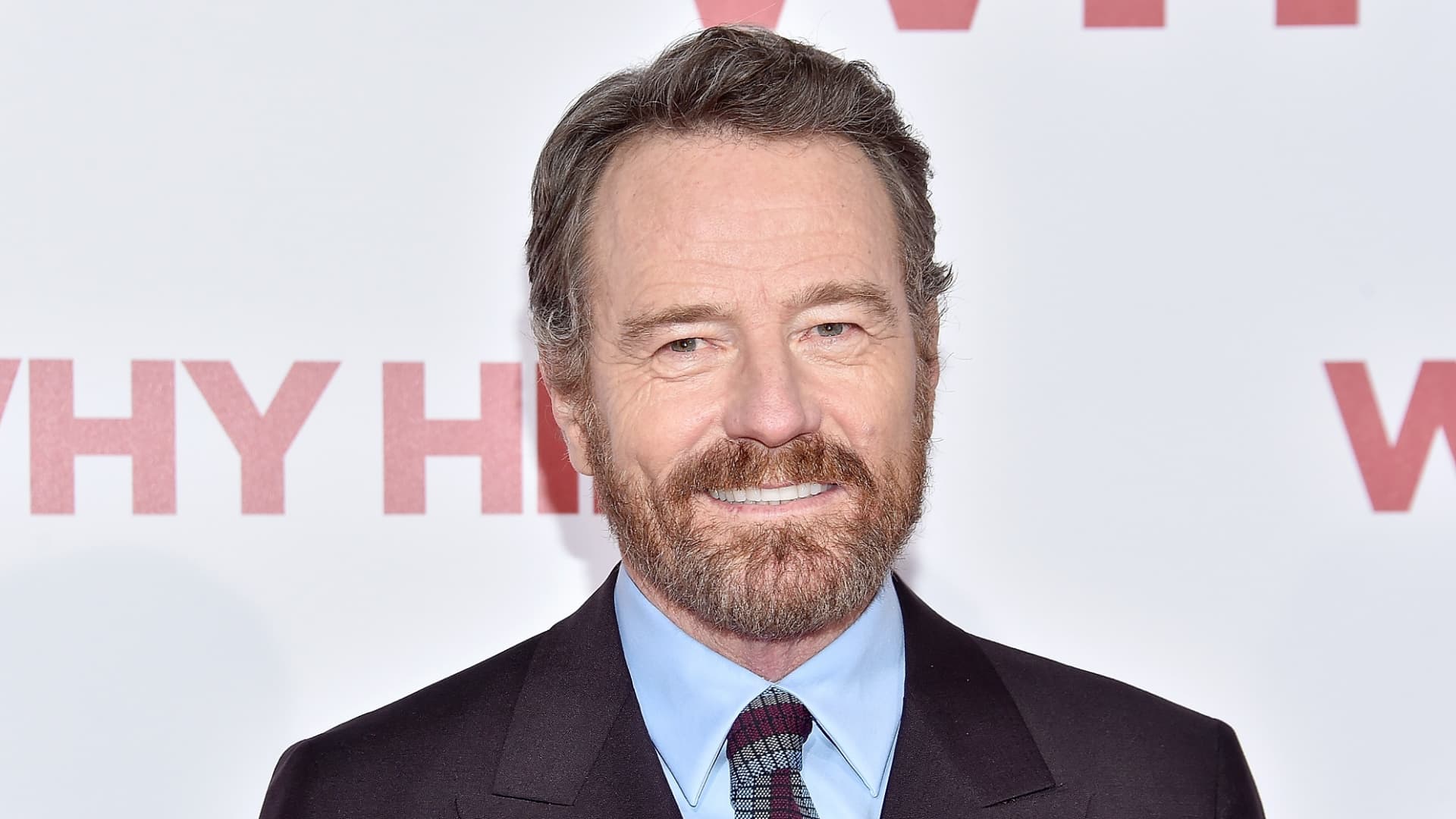
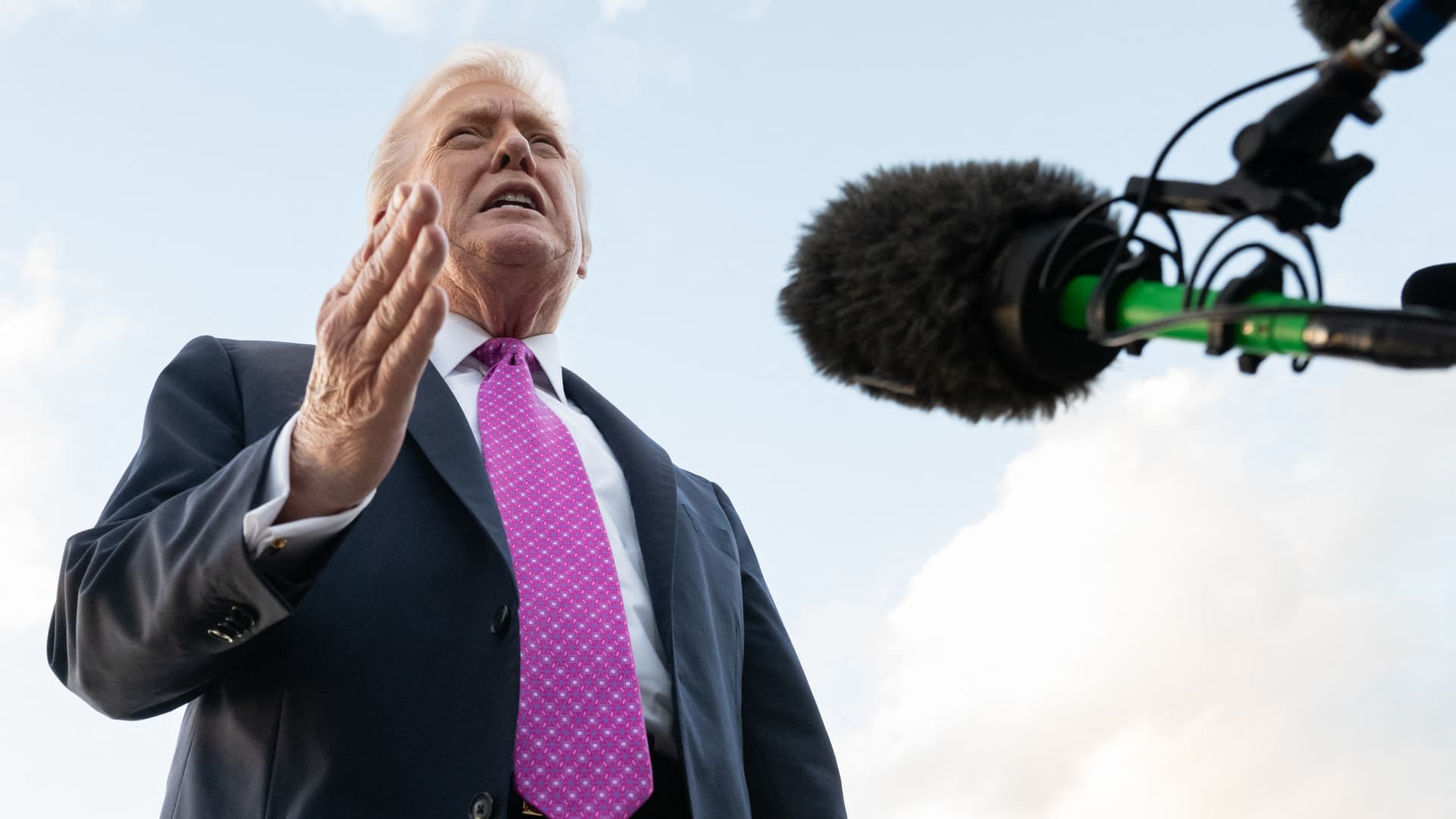
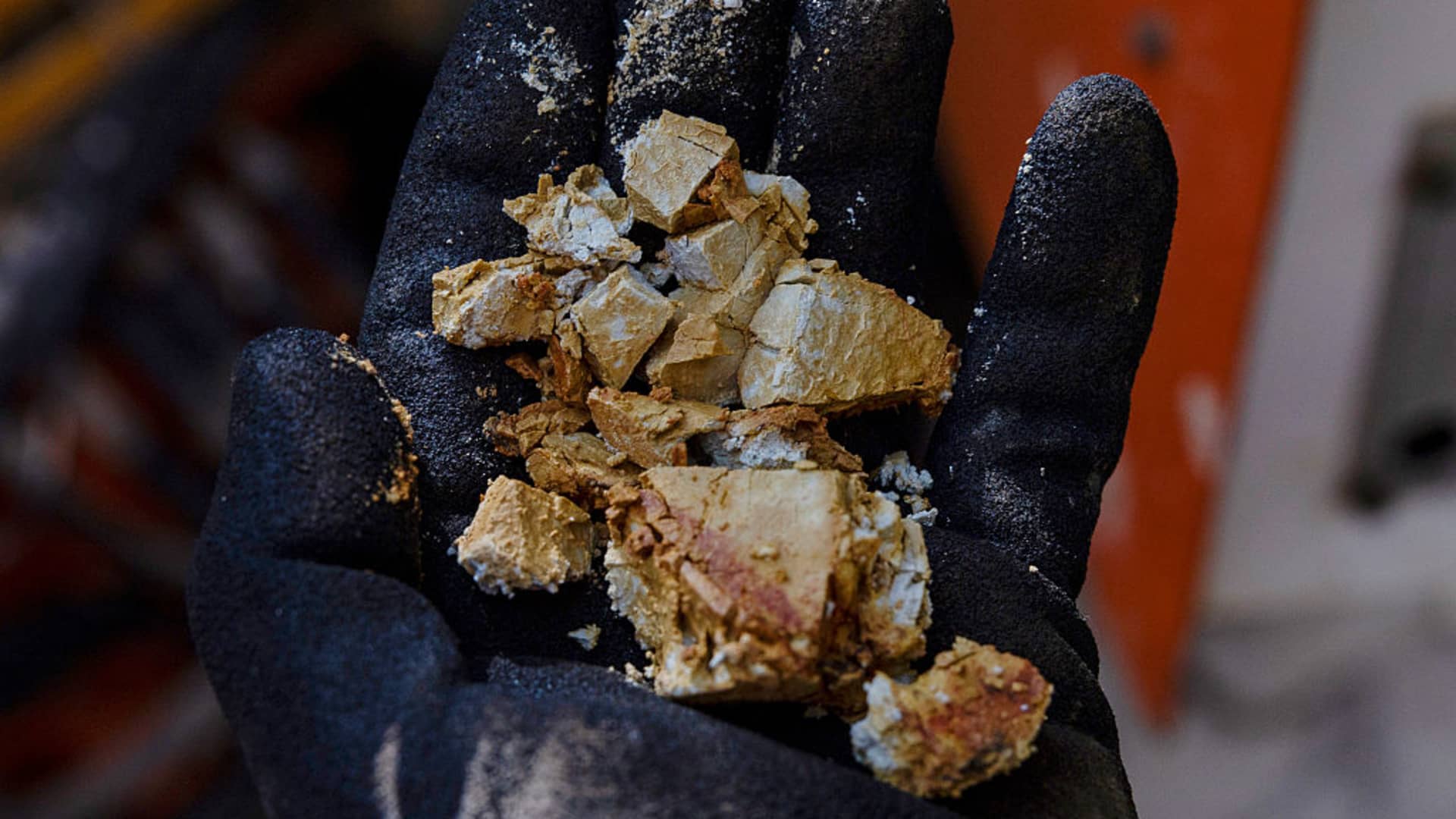
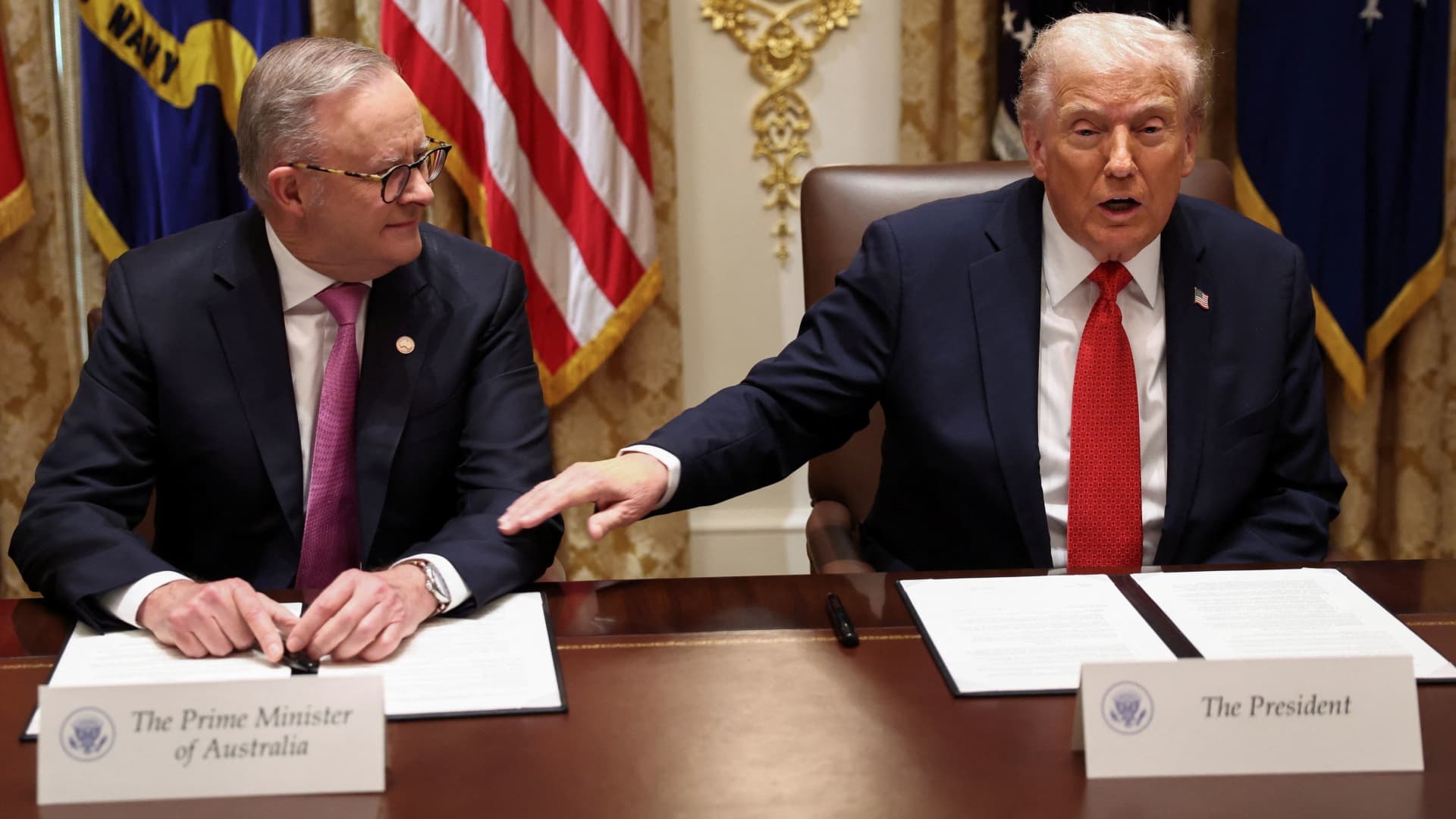
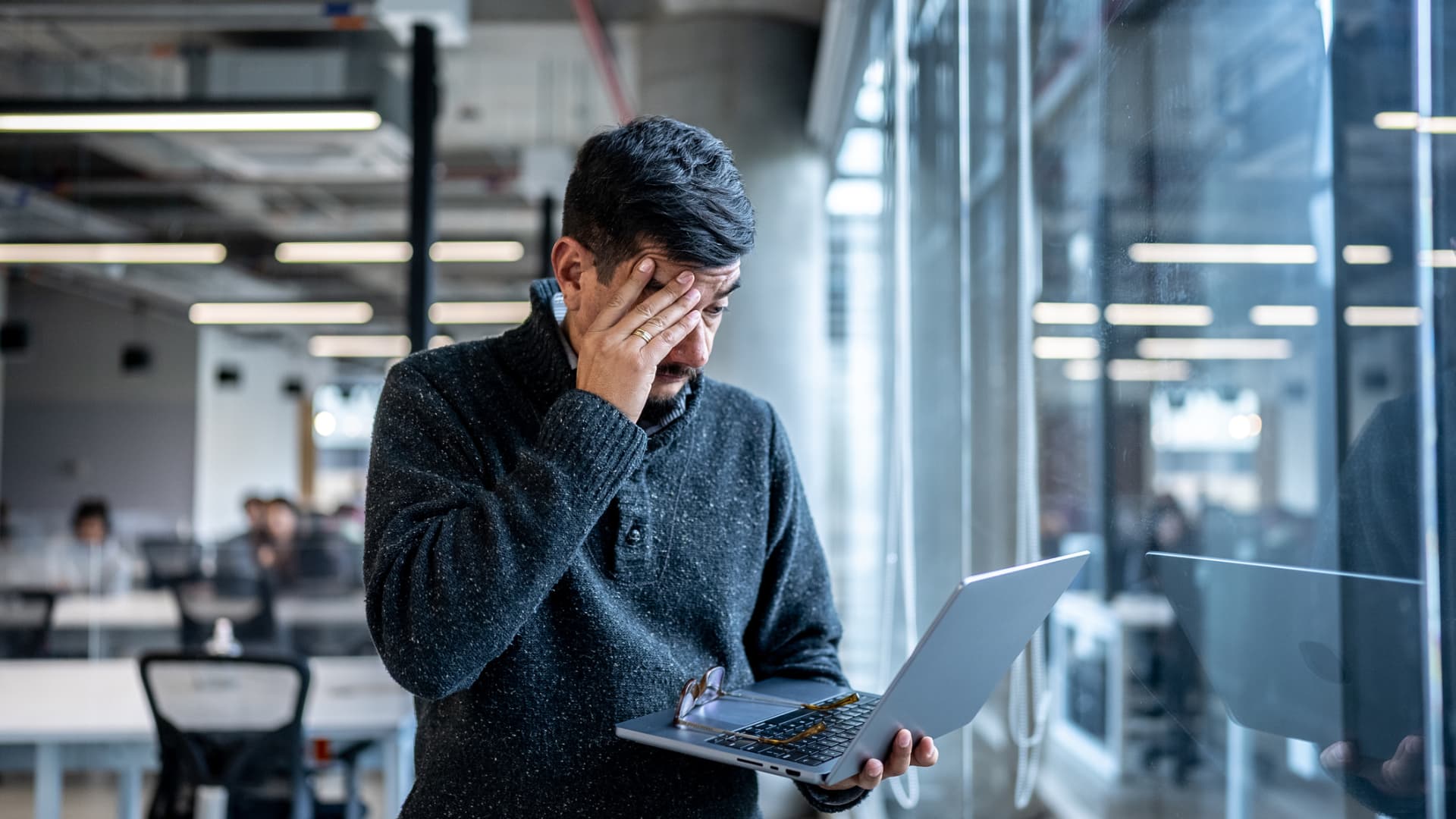

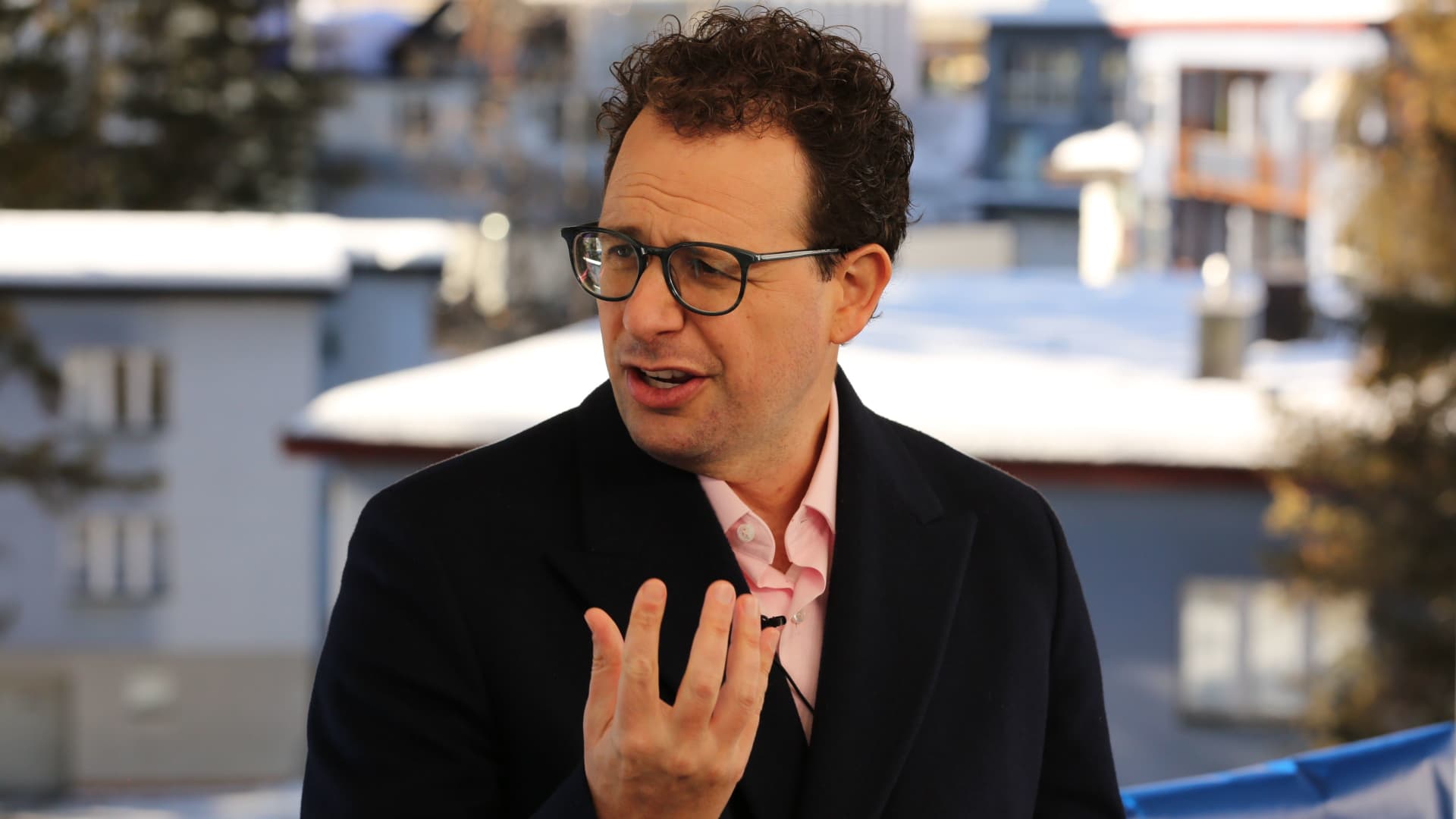
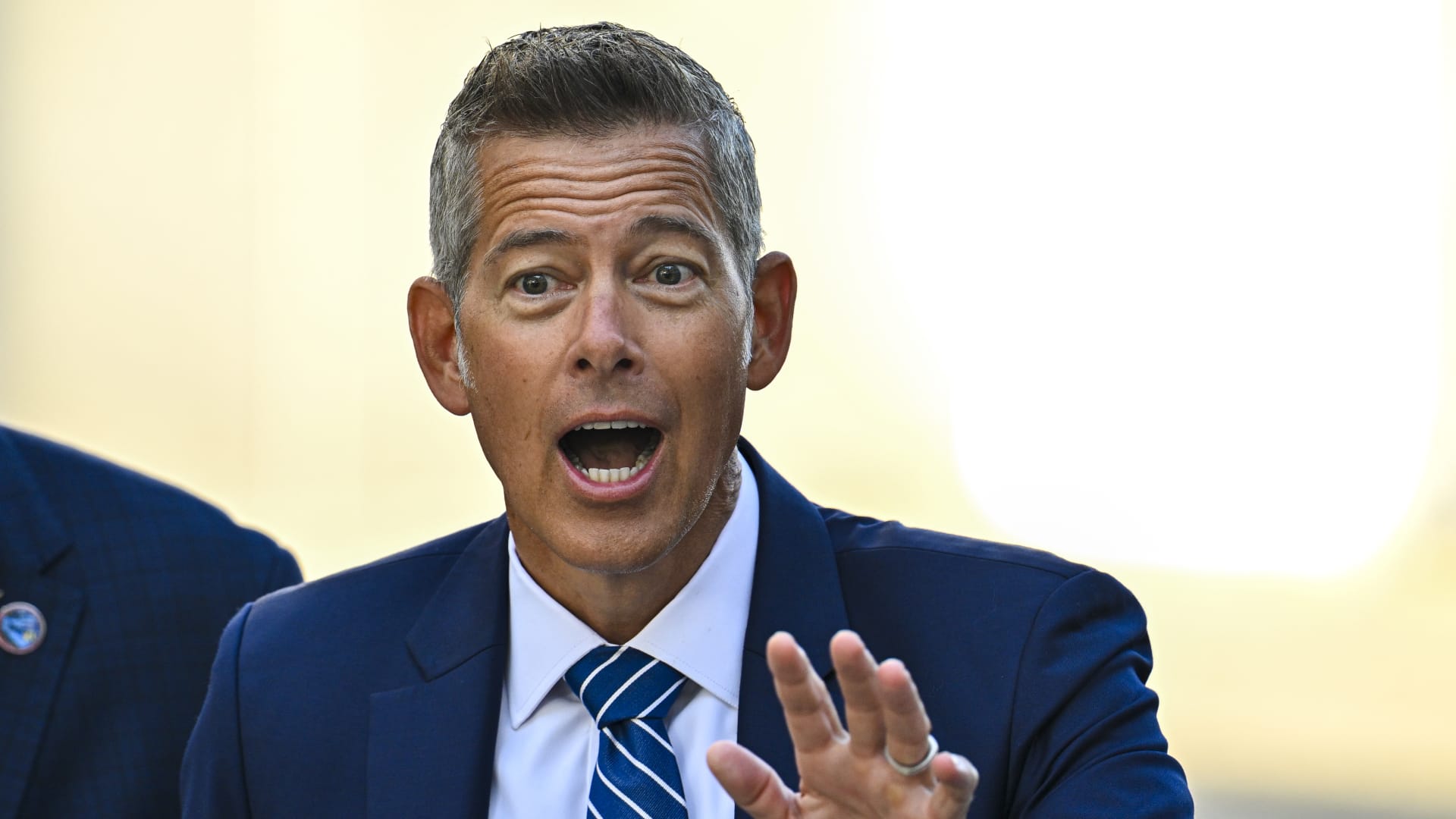
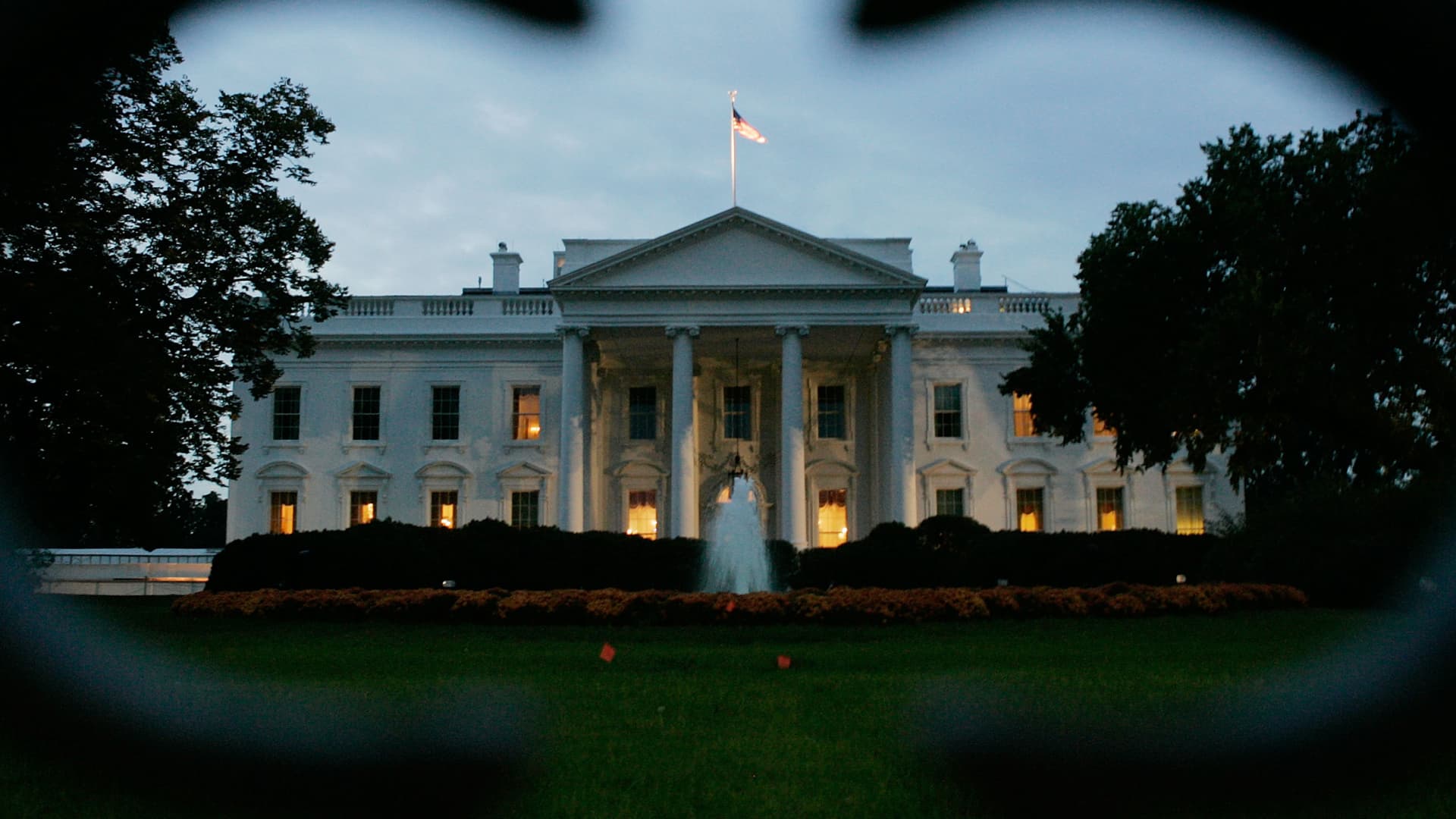


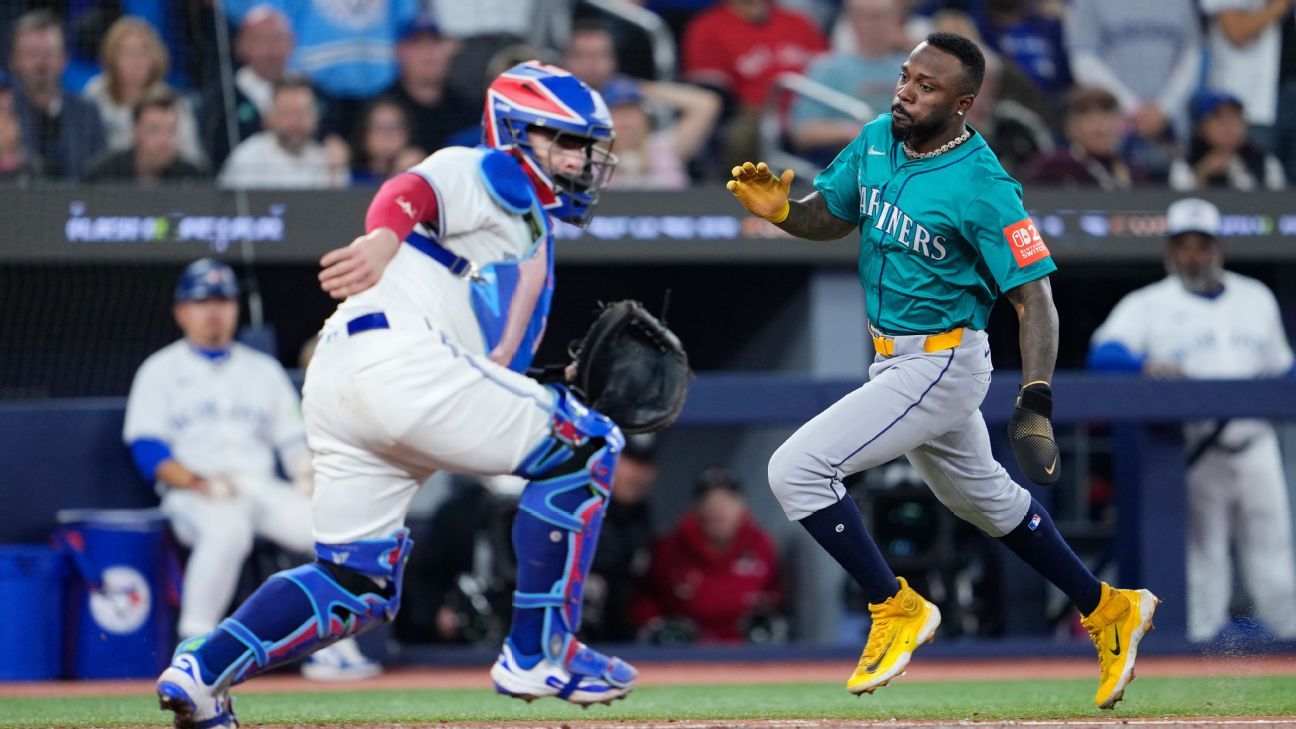
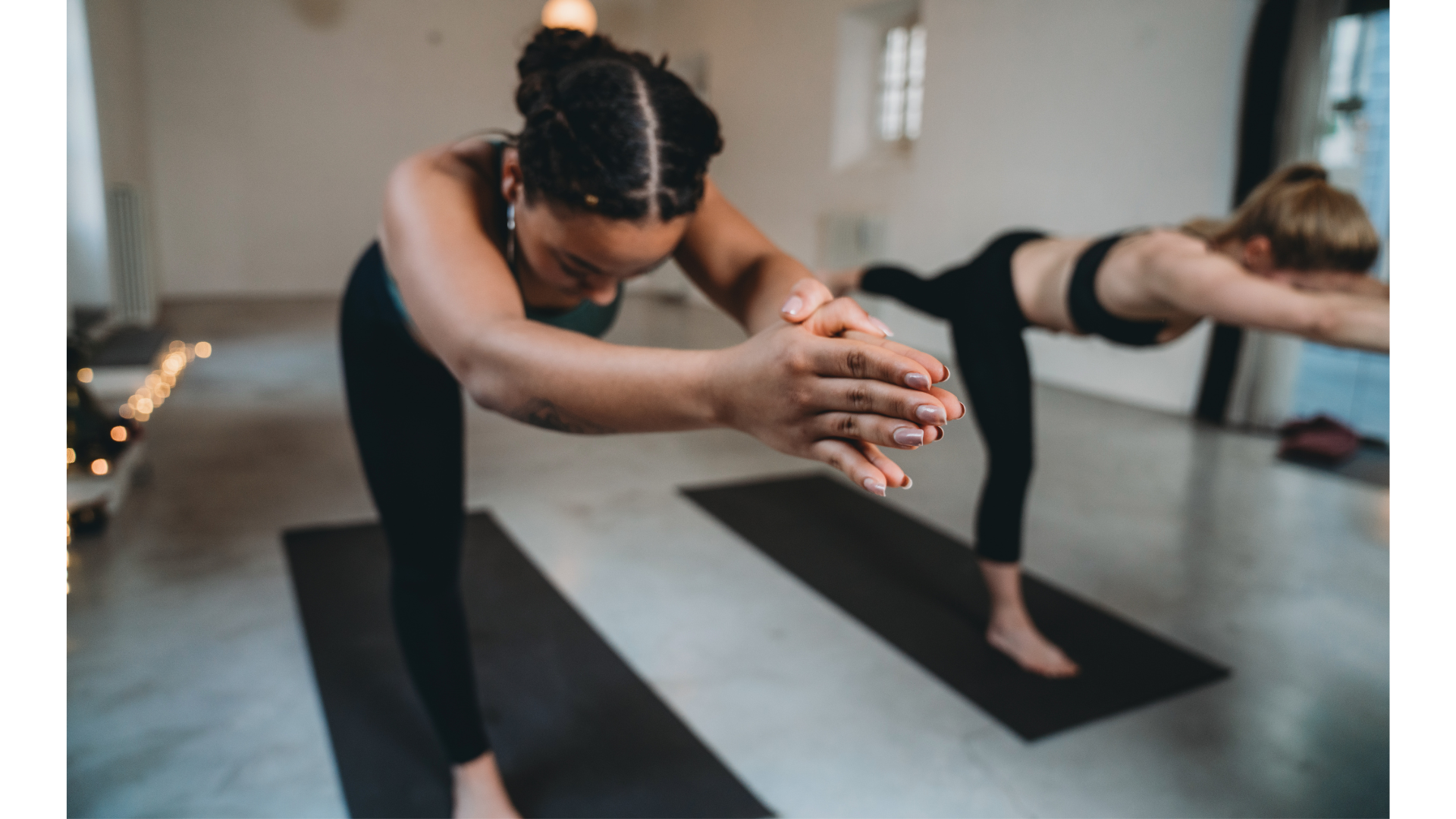
Leave a Reply